Why You Need a Divorce Coach

Why You Need a Divorce Coach
March 15, 2024 | Written By Calloway Fierce
A divorce coach can be beneficial when dealing with a pathological partner for several reasons:
1. Emotional Support:
Dealing with a pathological partner can be emotionally draining. A divorce coach provides a supportive and empathetic presence to help you navigate the challenges and cope with the emotional toll of the situation.
2. Strategic Planning:
A divorce coach can assist in developing a strategic plan tailored to your unique circumstances. They can help you set realistic goals, prioritize issues, and create a roadmap for the divorce process.
3. Communication Guidance:
Pathological partners may engage in manipulative or high-conflict communication. A divorce coach can offer guidance on effective communication strategies, helping you avoid unnecessary conflicts and maintain a level-headed approach.
4. Education and Empowerment:
Understanding the dynamics of a pathological relationship is crucial. A divorce coach can educate you about the patterns and behaviors associated with a pathological partner, empowering you to make informed decisions and set appropriate boundaries.
5. Legal Process Assistance:
While a divorce coach does not offer any legal advice, they can refer you to a qualified attorney who will help you understand the legal proceedings, paperwork, and the implications of decisions. This collaborative approach ensures a more comprehensive support system.
6. Conflict Resolution Skills:
Pathological partners may escalate conflicts. A divorce coach can teach you effective conflict resolution skills, allowing you to navigate disputes more efficiently and minimize the impact on your well-being.
7. Focus on Well-Being:
A divorce coach emphasizes overall well-being throughout the process. They can guide you in prioritizing self-care, managing stress, and maintaining a healthy mindset despite the challenges posed by a pathological partner.
8. Child-Centric Guidance:
If children are involved, a divorce coach can help you focus on creating a parenting plan that prioritizes the well-being of the children. They can guide you in making decisions that consider the best interests of your family.
9. Decision-Making Support:
Facing decisions during a divorce can be overwhelming. A divorce coach provides a structured process for decision-making, helping you weigh options and make choices that align with your long-term goals.
10. Post-Divorce Transition:
A divorce coach can assist in planning for life after the divorce, helping you navigate the transition, set new goals, and build a positive future.
In essence, a divorce coach serves as a supportive guide, offering emotional, strategic, and practical assistance to individuals dealing with the complexities of divorcing a pathological partner.

Find clarity and confidence at LifeLine Divorce Coaching. Get expert guidance, legal strategies, and emotional support to navigate divorce and custody challenges with ease.
Quick Links
© 2025 Lifeline Divorce Coaching | All Rights Reserved
Privacy Policy


